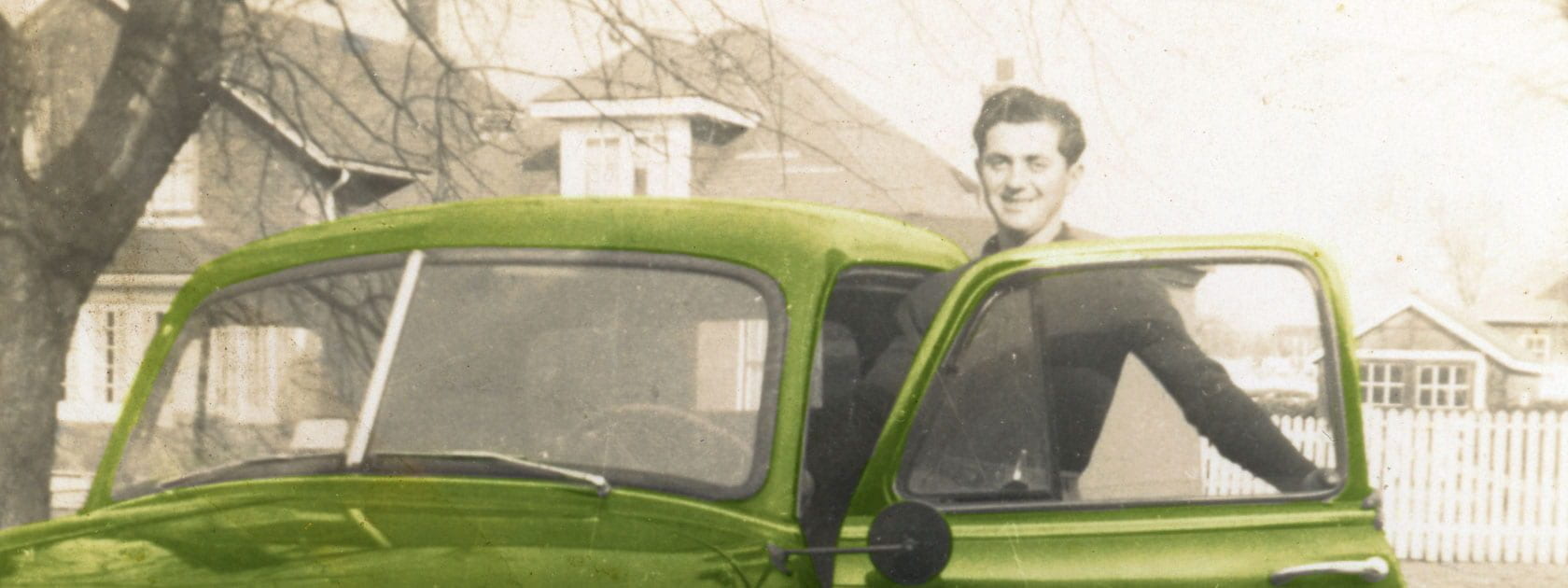Date
November 17, 2011
Maker
Columbus Centre
Accession#
ICEA2011.0077.0001
Interview With Mary Raso
Mary Raso was born in Welland, Ontario on June 21, 1921. Her eldest sister was married to Antonio Raso, who was interned at Petawawa in 1940. He was held at the Canadian National Exhibition (CNE) grounds in Toronto before being taken to Petawawa. He was released around nine or ten months later. Mary’s sister (along with her daughter and mother-in-law) came to live with Mary while Antonio was in the camp because their home was confiscated. Mary believes Antonio was arrested because he started the Sons of Italy chapter in Welland. While Mary’s husband was not interned, he was fingerprinted and was ordered to report weekly to the Royal Canadian Mounted Police (RCMP). Mary says that she did not have to report because she was Canadian-born. After Mary’s husband died she worked to support the family by opening up her own business selling high-priced china. She was very successful and she worked until she was 88 years old.
In this opening clip Mary Raso introduces herself and talks about attending Italian language classes in Welland.
Mary Raso talks about the discrimination Italian Canadians faced after the war was declared.
Mary Raso mentions that was not fingerprinted by the RCMP after war was declared. However, she does mention that he sister was called in for questioning after her sister’s husband was interned.
Mary Raso describes the day that her brother-in-law was arrested.
In this clip Mary Raso expresses her belief that her brother-in-law was arrested and interned because he started the Order Sons of Italy chapter in Welland.
Mary Raso briefly explains that the members of the Order Sons of Italy stopped meeting after June 10, 1940.
Mary Raso describes the day her brother-in-law was arrested by the RCMP.
Mary Raso describes how her sister’s funds were confiscated upon her husband’s arrest and mentions that her sister was forced to go live with Mary during his absence.
In this clip Mary Raso speaks about Dr. Ignazio Scozzafave, who was also interned during World War II.
Mary Raso recounts an incident of discrimination that occurred the day her brother-in-law was arrested.
Mary Raso briefly describes the difficulty her sister faced while her husband was interned and talks about how he quickly looked for a job upon his release.
Mary Raso shares what she knows about her brother-in-law’s internment experience.
Mary Raso explains that although her sister never visited her husband in the internment camp, they did communicate via letters.
Mary Raso describes how her brother-in-law returned to normal life after his release from the internment camp.
Mary Raso briefly talks about her husband’s enemy alien designation.
In this clip Mary Raso speaks about Verna Lo Bosco, one of the four Italian Canadian women who were interned during World War II.
Mary Raso briefly speaks about Antonio Nero, a local grocer who was also interned during World War II.
In this final clip Mary Raso reflects on the internment period and shares her views on the issue of compensation.



